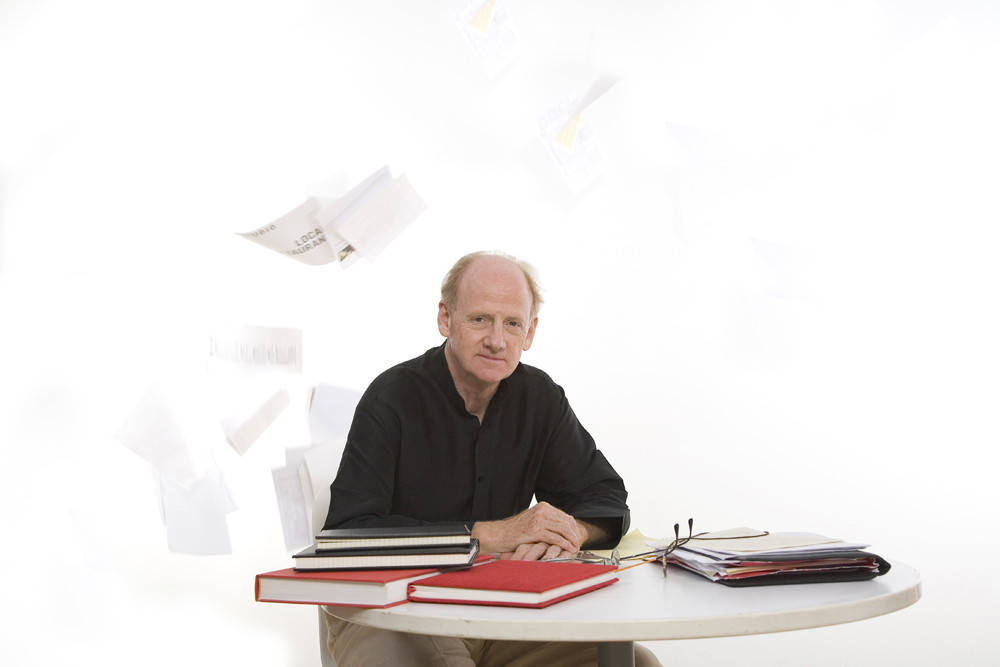Heart & Saul
Legendary Canadian philosopher calls non-aboriginal folks to account with his latest, passionate manifesto
John Ralston Saul’s riled up.
It’s been a slow burn. Saul’s long served as a thorn in the side of the neo-conservative and excessively rational: over a few decades, he’s authored dozens of works (most famously 1992’s Voltaire’s Bastards), delivered the 1995 Massey Lecture (later published as The Unconscious Civilization) and served as the president of PEN International. But now, his sights have fully swivelled to Indigenous issues. He’s calling Canada to account for its past and ongoing atrocities. Any niceties are gone. The Comeback: How Aboriginals Are Reclaiming Power And Influence is the result.
“The book is really about what is happening, what will happen and what the role of people who are non-Aboriginal is: getting out of the way, and voting people in and out based on where they stand on this issue,” he says over the phone from Toronto. “It’s the number one issue, so it should be the number one issue of every candidate. Not the debt or the phoney surplus. Not efficiency. Not the long list of things that are much easier to push to the top.”
The Comeback reads like a manifesto in both content and size (it spans less than 200 pages in original content, which is quite a contrast from Saul’s earlier works). It could very well be one. It’s fierce, at one point equating the federal government to a “slum landlord.” It’s also reflexive; Saul, a non-Aboriginal, leaves 80 pages at the end to direct transplants of Aboriginal voices. Ultimately, it’s a summoning to federal and provincial governments - and voters, by implication - to reconcile our longstanding grievances with Indigenous peoples.
“It’s going to cost money and power,” Saul notes. “It’s going to require a hell of a lot more spending on education - which they’ve been underspending on and can only be described as racism - and there’s a whole pile of work to be done supporting the building of Aboriginal languages. I think people are ready for it in Canada. Aboriginals are saying it, but what we need is non-Aboriginals standing up and saying ‘this has to be done, this has to be done really fast and we will all benefit from it.’”
It’s the advantageous elements of reparations that Saul pushes in his arguments. The linear, hyper-logical worldview that defines Canada and other western nations obviously isn’t working. Our biospheres are collapsing. Inequality is skyrocketing. Indigenous peoples might hold the key, Saul suggests. But it’s not about romanticizing some form of the “noble savage.” What The Comeback does is encourage non-Aboriginal people to discern that there’s a distinctly different way to
do society.
“I think it’s entirely possible that Canadians realize the situation,” Saul says. “One of the reasons that I’ve written the book is because it gives people, in a way, a manual of ‘here’s what’s wrong’ and ‘here’s what we can do to fix it.’ It’s easy to say it’s language that people could use to speak to their politicians, their civil servants, their journalists. I think we can do that. I think we can come around this corner.”
John Ralston Saul speaks at the Winnipeg Art Gallery on Tuesday, Nov. 4. Tickets are $15. Visit uniter.ca to read an abridged transcript of the interview.
Published in Volume 69, Number 9 of The Uniter (October 29, 2014)







